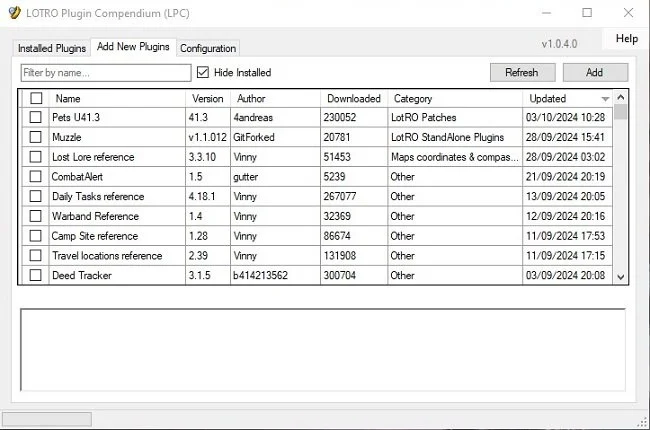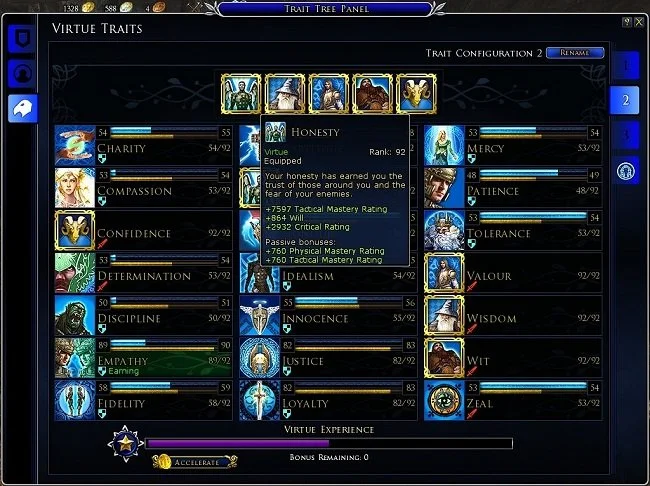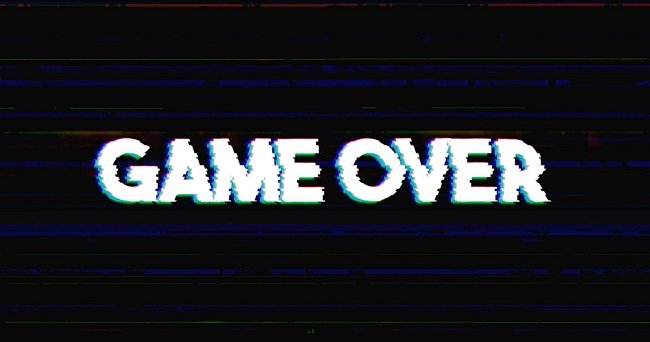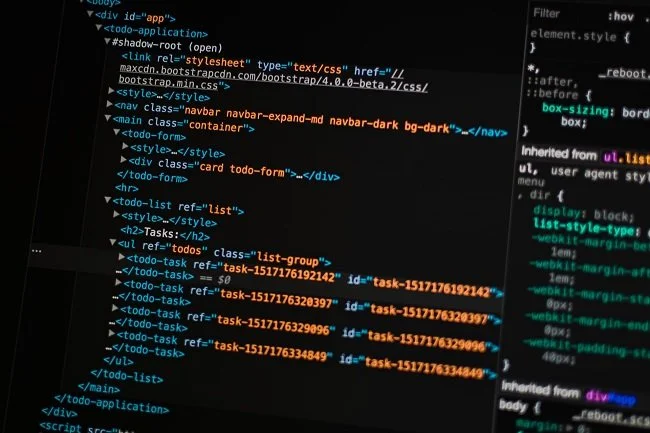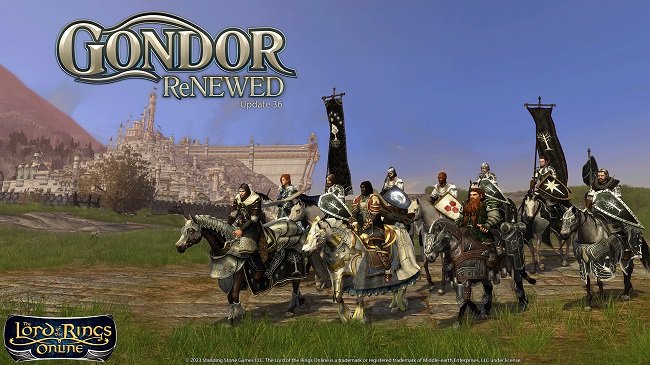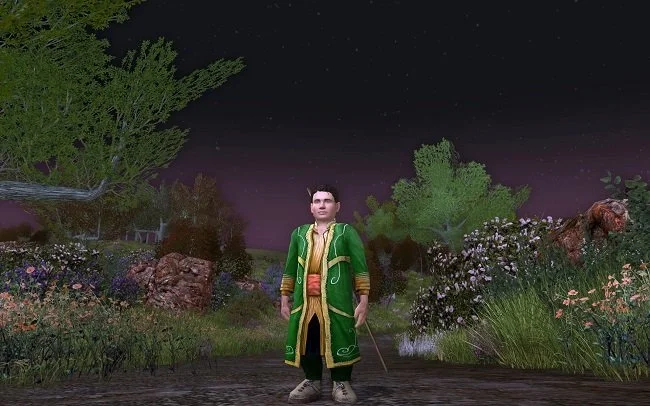"Adequate"
“Why re-release a game that’s perfectly adequate but doesn’t do anything particularly noteworthy or special?” Rogue Trooper Redux review by Tom McShea. Here we have in a nutshell the ill-conceived attitude that plagues contemporary gaming reviews, although it is also applicable to other mediums. Too often these days, I find myself reading critiques of games, movies and TV shows where the author feels that the product has failed because it is not exceptional. Such reviews will frequently cite numerous positive factors or attributes and reference how the product has been competently assembled. Yet in the final summation, the author will then full back upon the stock criticism that in spite of all this, the game does not “re-invent the wheel” or set a new “benchmark”. It is just “adequate”. However, I believe that this is a much misunderstood and frequently misused word. And that its reoccurring use stems from a culture of unrealistic expectations.
The Oxford Dictionary defines the word “adequate” as follows. Satisfactory or acceptable in quality or quantity. The word has its origin in the early 17th century and derives from Latin adaequatus meaning "made equal to", being the past participle of the verb adaequare. Now we have a clear definition, let us consider in what context we would use the word in day-to-day life. Often, when I am hungry I will avail myself of specific chains of restaurants or fast food outlets. They provide satisfactory meals, conveniently at an acceptable price. Therefore, they are adequate. If I was unhappy with any aspect of the food or the service that was provided, then I would not use the word adequate to begin with. If you have to qualify somethings adequacy, then it is not adequate. So, with this in mind there are many things that can be classified as adequate; food, drink, a book, music, a box girder bridge or a drunken sexual dalliance. The moment you apply the term to something, you are clearly stating that it is “not shit”. If you are using the word to mean anything other than its dictionary definition, then you’re using it using it incorrectly.
Contrary to what certain quarters of the media and pop culture may tell you, life isn’t a never-ending series of high octane, boisterous, spiritually fulfilling events that engage all your senses and leave you sated. Day-to-day living is mainly routine, predictable and yes, you’ve guessed it, adequate (if you’re lucky). In fact, for an ever-growing group of the population adequacy is giving way to shit. The reason fun and enjoyable events stand out is because they are not frequent and the punctuate the mundane with brief periods of joy. Any addict will tell you that too much of your “drug of choice” ultimately negates the high you gain from it. Hence not only is adequate a functional and succinct word, it also represents a state of being that is integral too our lives. Like oxygen, it can be argued that humans need a specific amount of adequacy in their lives. An excess either way is not desirable but the right amount in your life provides a context and a scale against which other experiences can be measured and quantified.
So, returning from philosophical musings to the thrust of this post about gaming, I think people should think long and hard before they decided to label a game adequate. If you are trying to crowbar the word into your review as a pejorative, then simply dispense with it and clearly state what you think is wrong. The reality of the situation is that many game releases each year are adequate. Those like Tom McShea who seem to expect the “noteworthy and special” need to recalibrate their personal desires. It is impossible for the video game industry or indeed any other, to continuously innovate and perpetuate a market where every new title pushes boundaries. This why for every L.A Noire there is a Vendetta: Curse of Raven's Cry. Therefore, let us as a gaming community, look to our personal lexicon and start using the English language properly when framing out thoughts. I believe that it is important to precisely say what we mean, or else how can we mean what we say?









